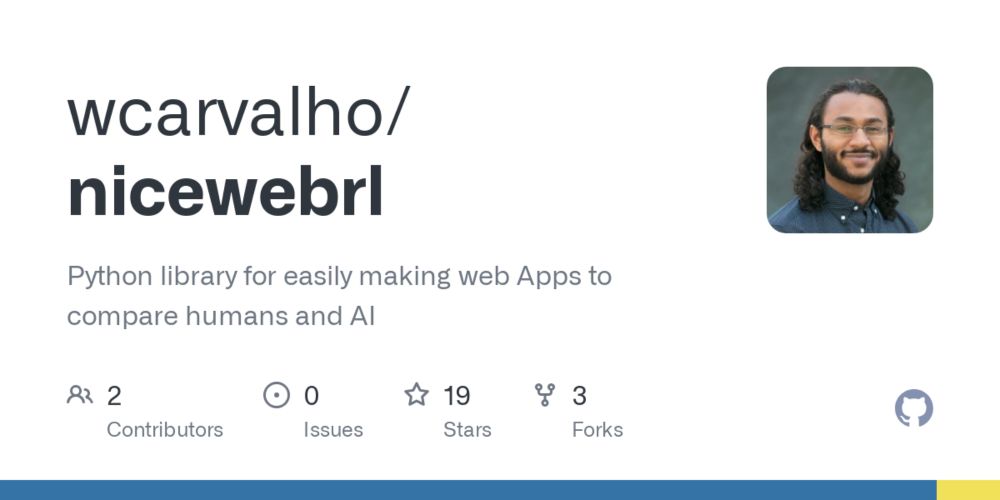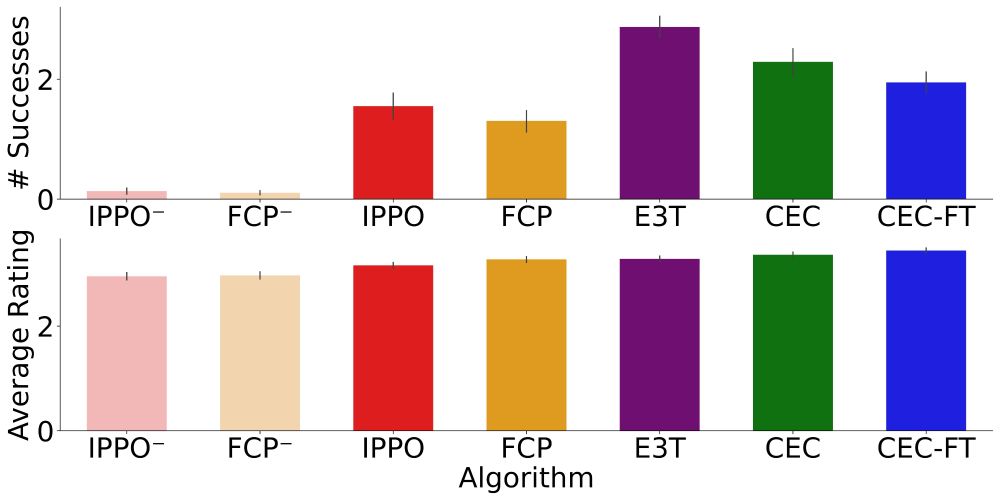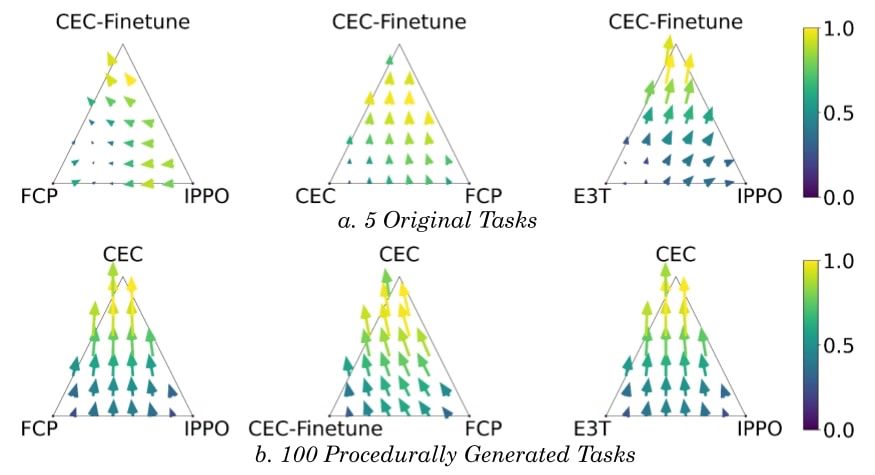Interested in MARL, Social Reasoning, and Collective Decision making in people, machines, and other organisms
kjha02.github.io
Can’t thank my collaborators @aydan_huang265, @EricYe29011995, @natashajaques.bsky.social , @maxkw.bsky.social enough for all the help and support!!!
Can’t thank my collaborators @aydan_huang265, @EricYe29011995, @natashajaques.bsky.social , @maxkw.bsky.social enough for all the help and support!!!
It allows multi-agent systems to rapidly and accurately anticipate others' actions for more effective collaboration.
It allows multi-agent systems to rapidly and accurately anticipate others' actions for more effective collaboration.
While initial program generation takes time, the inferred code can be executed rapidly, making it orders of magnitude more efficient than other LLM-based methods for long-horizon predictions.

While initial program generation takes time, the inferred code can be executed rapidly, making it orders of magnitude more efficient than other LLM-based methods for long-horizon predictions.

ROTE still significantly outperformed all LLM-based and behavior cloning baselines for high-level action prediction in this domain!

ROTE still significantly outperformed all LLM-based and behavior cloning baselines for high-level action prediction in this domain!
Programs inferred from one environment transfer to new settings more effectively than all other baselines. ROTE's learned programs transfer without needing to re-incur the cost of text generation.

Programs inferred from one environment transfer to new settings more effectively than all other baselines. ROTE's learned programs transfer without needing to re-incur the cost of text generation.
We collected human gameplay data and found ROTE not only outperformed all baselines but also achieved human-level performance when predicting the trajectories of real people!

We collected human gameplay data and found ROTE not only outperformed all baselines but also achieved human-level performance when predicting the trajectories of real people!
We use LLMs to generate Python programs 💻 that model observed behavior, then uses Bayesian inference to select the most likely ones. The result: A dynamic, composable, and analyzable predictive representation!

We use LLMs to generate Python programs 💻 that model observed behavior, then uses Bayesian inference to select the most likely ones. The result: A dynamic, composable, and analyzable predictive representation!
How can we avoid mental state dualism while building scalable, robust predictive models?
How can we avoid mental state dualism while building scalable, robust predictive models?
Thank you so much to my collaborators @cogscikid.bsky.social @liangyanchenggg @
@simon-du.bsky.social @maxkw.bsky.social @natashajaques.bsky.social for making the first publication of my PhD a fun one!!!
Thank you so much to my collaborators @cogscikid.bsky.social @liangyanchenggg @
@simon-du.bsky.social @maxkw.bsky.social @natashajaques.bsky.social for making the first publication of my PhD a fun one!!!
Training across diverse tasks teaches agents how to cooperate, not just whom to cooperate with. This enables zero-shot coordination with novel partners in novel environments, a critical step toward human-compatible AI.
Training across diverse tasks teaches agents how to cooperate, not just whom to cooperate with. This enables zero-shot coordination with novel partners in novel environments, a critical step toward human-compatible AI.
This tool makes crowdsourcing data for CS and CogSci studies easier than ever!
Learn more: github.com/wcarvalho/ni...

This tool makes crowdsourcing data for CS and CogSci studies easier than ever!
Learn more: github.com/wcarvalho/ni...
This increased adaptability reflects general norms for cooperation learned across many environments, not just memorized strategies.

This increased adaptability reflects general norms for cooperation learned across many environments, not just memorized strategies.

When diverse agents must collaborate, the CEC-trained agents are selected for their adaptability and cooperative skills.

When diverse agents must collaborate, the CEC-trained agents are selected for their adaptability and cooperative skills.
Even more impressive: CEC agents outperform methods that were specifically trained on the test environment but struggle to adapt to new partners!

Even more impressive: CEC agents outperform methods that were specifically trained on the test environment but struggle to adapt to new partners!

